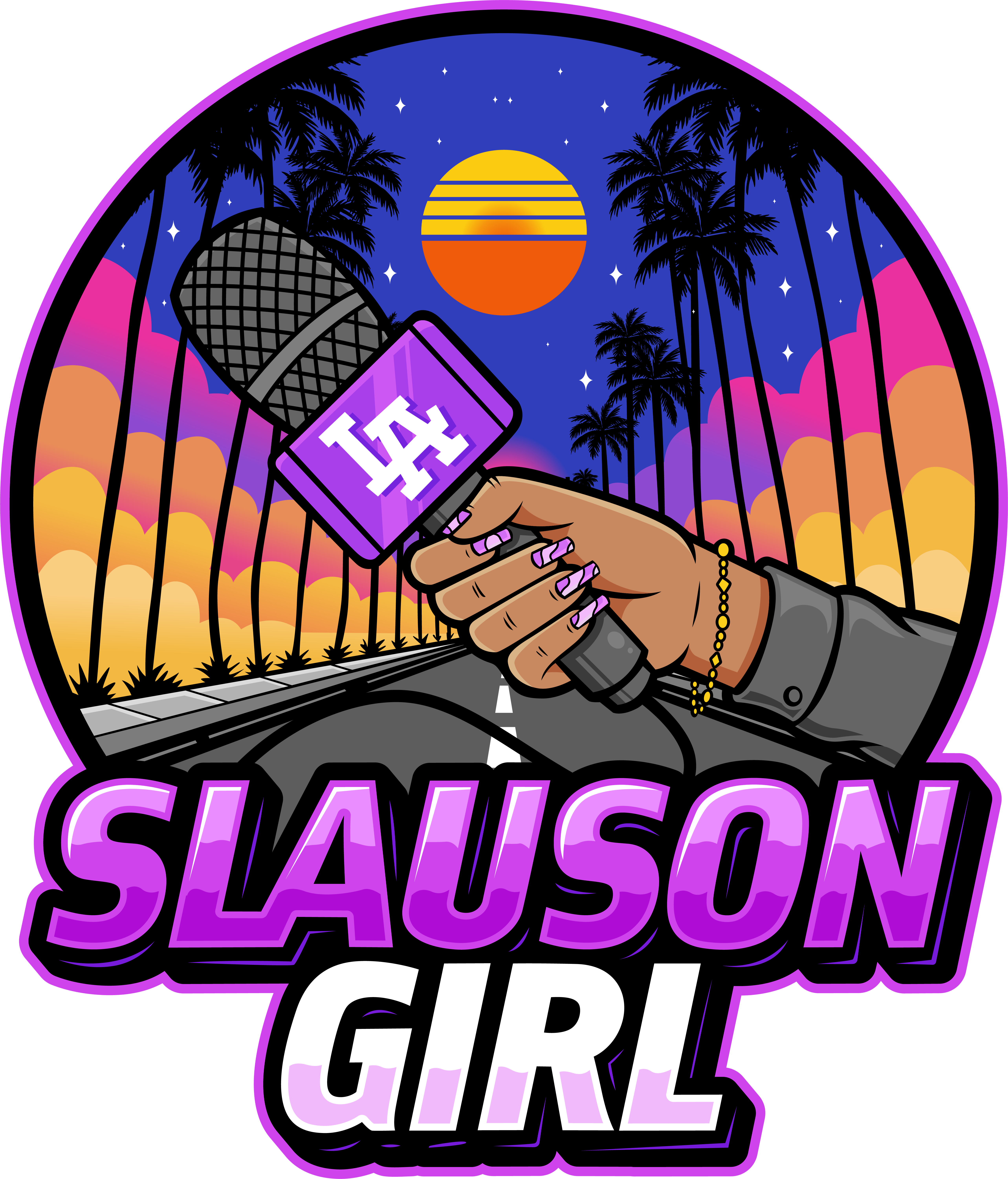
Last weekend I had the opportunity of viewing an advanced screening of “The Hate You Give” starring Amandala Stenberg who gives a stellar performance.
The film opens in theaters October 19 and is based on the New York Times best-selling novel by Angie Thomas.
“The Hate You Give” is directed by George Tillman J.r (Soul Food, Barbershop), and the screenplay written by Audrey Wells, who passed away a week before the film was released from brain cancer.
The film follows 16-year-old Starr Carter who is dealing with a double consciousness as she exists within the inner city neighborhood she comes from, and the mostly all-white high school she attends.
After Starr witnesses her childhood friend killed by a police officer during a traffic stop, Starr grapples with using her voice to shed light on the reality of her friends murder and not wanting to be ostracized at school and in the media for speaking out.
Although the main character is a teenager I identified with her on so many levels. Watching the film I could not help but to reflect on my own experiences of “using my voice” to shed light on injustices.
The film is visually pleasing, timely and relatable.
As a girl from the inner city who went to college in a small, rural, mostly all-white town, the art of code switching and double consciousness are very familiar terms. Starr dealt with these realities by creating Starr 2.0 where she checks her mannerisms so she is not labeled “ghetto.”
In contrast with my experience in a place where I was not represented, one of the things I aimed to achieve in this new space was that I retained a sense of myself. Not only did I not care that people knew I was from the inner city but I reclaimed my identity as a “ghetto girl.”
In the end this empowered me on campus–when initially–it used to embarrass me.
In college I was a visible student activist.
So when a young, Black student was stabbed to death at a house party, it was natural that I got involved trying to get his story beyond the “Redwood Curtain” of Humboldt County.
After a year of community meetings, vigils, press conferences, and being there for this students mother when his own friends were absent, the experience left me drained and questioning the label and role of an activist.
When you are really doing the work and are on the front lines of an issue, it can be draining, taxing, un-rewarding and makes you a target.
Even after Starr decided that she wanted to tell what happened to her friend Khalil, in the end the grand jury chose not to indict the officer. The movie and book touches on the sad realities of African-American life through the eyes of 16-year-old Starr.
17 months later, this student who was killed has still not received justice.
Through my own experience fighting for justice, I came to the conclusion there are several issues that I feel we as a community and culture should be addressing before we believe we are equipped to go up against these deeply set and interlocked institutions and systems of oppressions.
We need to change the ways we view and treat one another.
We need to make sure our families and children are knowledgeable of politics and Black political thought. Too many Black people ignore, or view injustices as isolated events rather than a whole system. That is until something happens to them or their loved one. Then with their limited understanding of the system, they want everyone to champion behind their cause.
Too many of us lack a critical understanding of history and knowing what our Blackness means in this country. Just as much as we aim to dismantle or go up against white supremacist institutions, we need to foster healing and understanding in our communities and in our relationships with each other.
Also, Black men within organizing circles, check your misogyny!
As a woman having to deal with Black men who are undermining and ignoring your suggestions and contributions, is irritating.
To give your time, energy and effort to make sure that the death of another Black student does not get swept under the rug, taught me a lot about what hinders progress in our communities other than institutional racism. It is our lack of love and respect for one another.
As a person from the bottom, all we know is struggle and pain. I know it is real out here and that we as Black people have been strategically excluded and targeted. I understand that it is important that I make positive contributions to the world, but it is not my duty to save it.
It sounds harsh, but it gives me peace. Understanding this reminds me that using your voice is important but so is protecting your energy. Moving forward, I am focusing on issues where I feel I can make the most positive impact, with people who have a deeper understanding of the issues at hand.




1 Comment
THANKS TINA MAMI. THIS WAS LOVELY AND VERY INFORMATIVE. I LOVE HOW YOU MERGED YOUR STUDENT EXPERIENCE WITH HERS. YOU A GREAT STORY TELLER.
–TSA